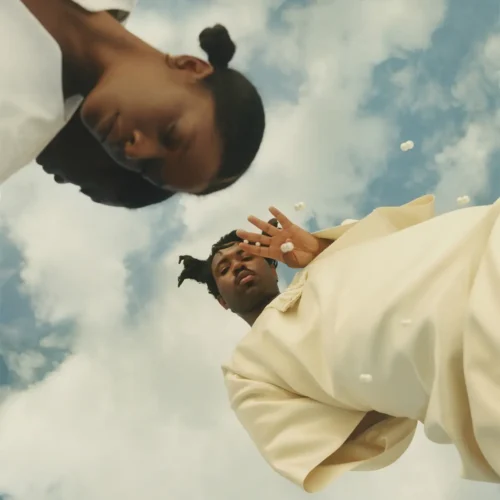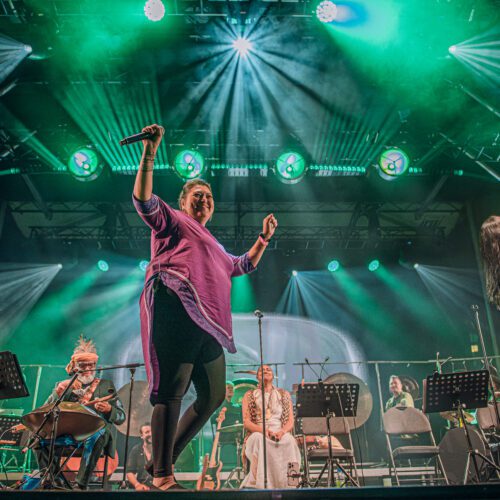There are few artists who can combine popular music and sophistication with as much talent as Sampha. We are here in the league of Jacob Collier, Lana Del Ray, Becca Stevens, and Sufjan Stevens.
Lahai is Sampha’s second solo opus, which comes six years after Process. He continued the numerous collaborations, in the shadows, with Alicia Keys, Drake, Solange, etc.
Sublime, several reviews have already been titled. It is also a deep, thoughtful, subtle, fabulously arranged creation.
Dancing Circles begins with a repetitive Steve Reich-style piano. Vocal harmonies and electronic halos follow, then a few lines of hip-hop before returning to a meditative atmosphere and ending with Drum and base. All this in three minutes fifty-four seconds.
All the pieces fit together perfectly, making us alternate between extreme softness and subtle grooves. There’s soul, jazz, electro, classical, rap, and choral singing, all completely blended, kneaded, samphaized.
You have to look at the credits to understand that in addition to the keyboards and Sampha’s emotive voice, there are cellos, vibraphone, trumpet in addition to guitars and percussion. With the voices of the two Franco-Cuban sisters, Lisa-Kaindé Diaz and Naomi Diaz, alias Ibeyi, who speak to us in French about a time machine. Canadian Owen Pallett also contributes to the string arrangements.
This album is also a meditation on fatherhood, existential and professional crisis as well as an astonishing hymn to Jonathan Livingston’s The Seagull, this book from the seventies that we thought was buried forever.
Let’s say it: Lahai must be listened to from start to finish. Continuously. And listened to it several times to understand it in its complexity.
























